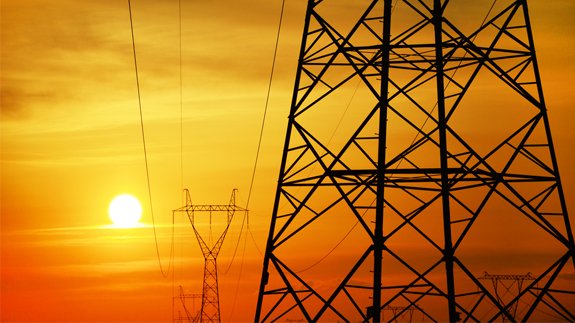Householders could face a £21 hike in energy bills as the UK grid feels the power crunch.
The news comes as the government is bringing forward a scheme to encourage power companies to supply electricity at peak times by a year.
The country faces the risk of power supply shortages over the next few winters as fossil fuel plants close due to weak economic conditions and plans to bring forward new generating capacity have failed.
DECC said the UK faces “a legacy of years of underinvestment” which has left the country “open to the risk of any quickening in the pace of plant closures”.
To address it, new capacity is needed, largely expected to be gas as coal plants come off the system by 2025, to guarantee future energy security.
The government’s Capacity Market (CM) scheme pays power plant operators to provide electricity at short notice when demand is high during the winter months.
Two auctions have been held so far, for delivery in 2018/19 and 2019/20.
Review
However in March DECC proposed to bring the scheme forward by a year and buy more electricity capacity in January 2017 for delivery in winter 2017/18 “to encourage more investment in our energy system”.
It also proposed to tighten delivery incentives on those who have agreements to deliver against them and to penalise those who renege more severely.
DECC said “a great majority” of investors and those in the industry were “highly supportive” of the proposals and therefore intends to proceed with the early auction.
“By introducing the CM early, we allow the market to operate better earlier with less price volatility, lower uncertainty and hence, lower consumer bills than would otherwise have been the case – a more efficient way of delivering energy security,” the report states.
Termination fees will also be raised for developers that win auctions but fail to deliver. Their units will also be disqualified for two years’ of future capacity auction.
On buying more capacity, DECC expects the next auction to target “over 3GW more”.

Consumer bills
DECC told ELN this particular auction would add between £10 to £21 to household energy bills and is a “one-off cost” and not bringing the scheme forward would lead to increase in prices as power stations close.
A spokesperson adds the scheme “acts as an insurance policy” and protects consumers from future price hikes, saving them around £46 per household in 2018.
Demand Side Response (DSR)
A Transitional Arrangements (TA) auction was also held for delivery in 2016/17 to provide targeted support for Demand Side Response (DSR), build DSR capability and improve its ability to participate in the main CM auctions in future.
DECC said it recognises the introduction of the early CM auction for delivery in 2017/18 may to some extent reduce the need for a second TA auction.
It believes while DSR can play an important role in delivering a smart and flexible energy system, parts of the sector are “not yet sufficiently mature” to compete in the main auctions and still require targeted support.
Therefore it plans to go ahead with a second TA auction.
However it states: “At the same time, the government believes it is important that we better distinguish between the different ‘types’ of DSR, particularly in the context of providing ring-fenced support via the TAs to develop a nascent sector, but equally with a view to the longer term.
“The government is therefore keen to ensure that (a) funding through the next TA auction is targeted to those types of DSR resource that need it most and (b) those DSR resources that are mature enough to participate in the main auctions are encouraged to do so.”





